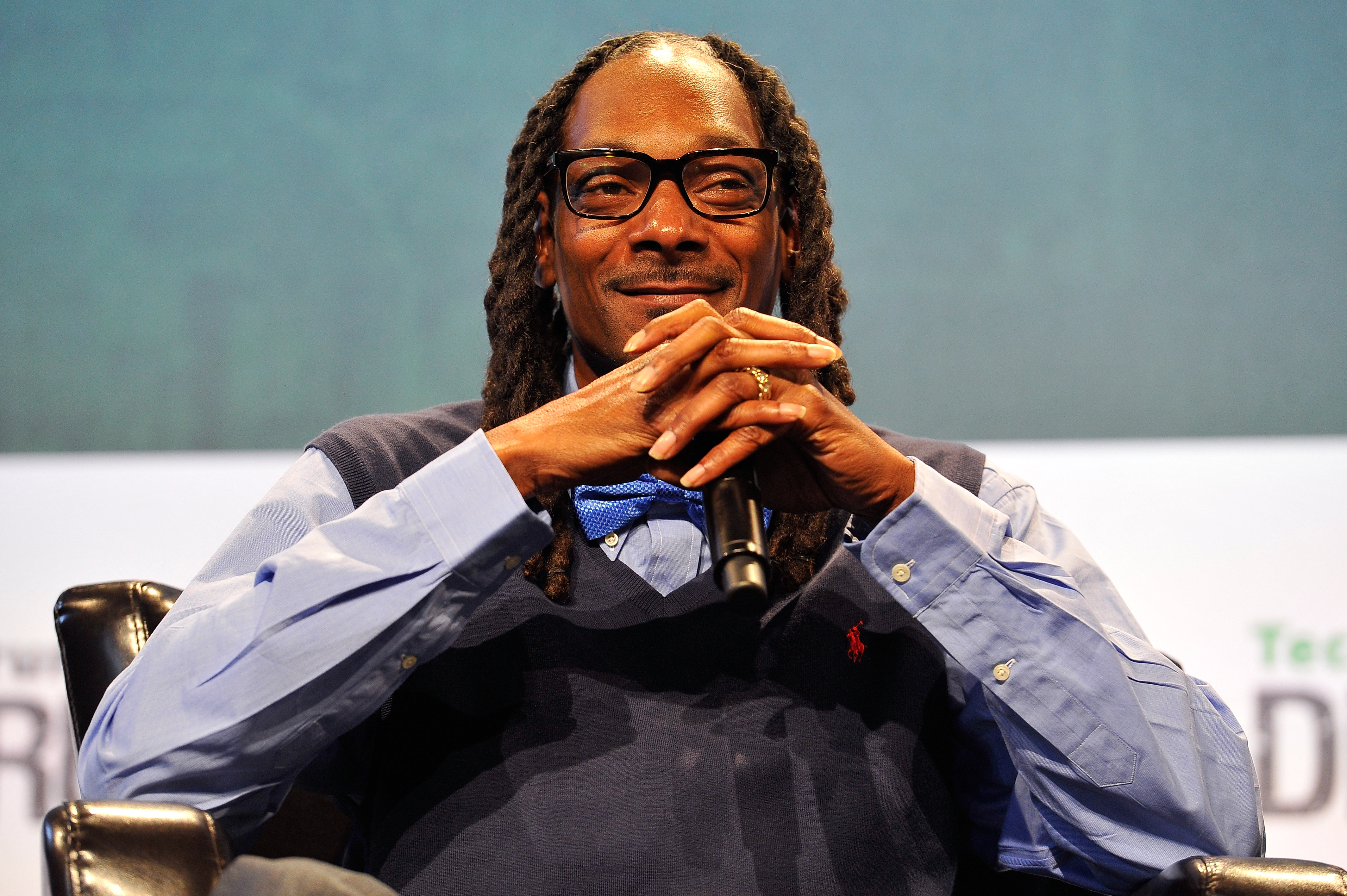- Casa Verde Capital is leading a $1 million seed round into Cannalysis, a cannabis-lab testing company. Cannalysis tests both medical and recreational cannabis for potency, chemical residue, industrial solvents, pesticides, and microbes in the California market, with plans to expand. California is developing lab testing regulations for all cannabis sold within the state.
A venture capital firm that focuses on early-stage ancillary investments in the cannabis industry is funding a cannabis lab-testing company that is looking to take on the massive California market.
Casa Verde, which counts the rapper-turned-entertainer Snoop Dogg among its partners, led a $1 million round into Cannalysis, a “tech-forward,” cannabis lab that tests medical and recreational cannabis products for potency, chemical residue, industrial solvents, pesticides, and unwanted microbes like E. coli or yeast.
Cannalysis also offers dispensaries an online portal and directly integrates with WeedMaps, an online dispensary locator.
“We are at an inflection point for this industry and we are ready to expand,” Cannalysis CEO Brian Lannon said in a statement to Business Insider. “Having a marquee investor and strategic partner like Casa Verde, will be instrumental in helping us achieve our growth objectives.”
Karan Wadhera, the managing partner at Casa Verde, called Cannalysis "one of the leading lab platforms," in California.
"This approach has also positioned Cannalysis to quickly scale and establish JV partners around the country," Wadhera said.
California's recreational cannabis market will open on January 1, 2018. The state's Bureau of Cannabis Control mandates that all medical cannabis be lab-tested for specific levels of pesticides and other chemicals, and is developing rules for the recreational side of the industry.
While the federal government still considers cannabis illegal, a new report from the Brightfield Group, a market research firm for the cannabis industry, predicts that the global cannabis market will hit $7.7 billion by 2017, and $31.4 billion by 2021.

